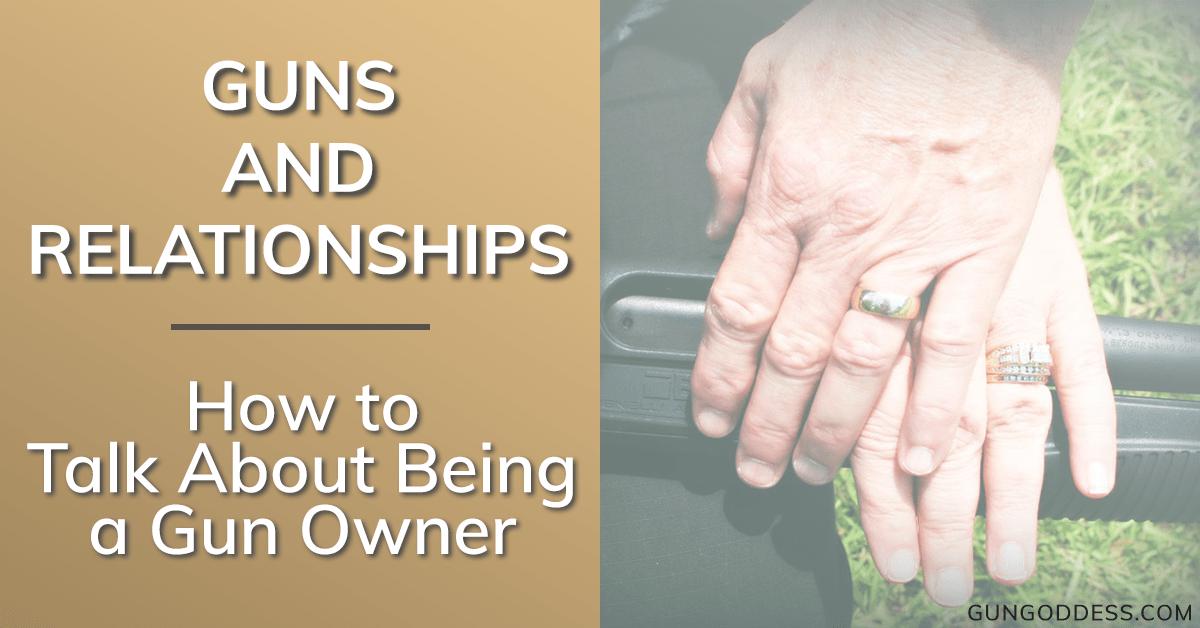Orders Over $100 Ship FREE (USA)!
Orders Over $100 Ship FREE (USA)!
CONCEALED CARRY
(Apparel with holster pockets or concealed-carry features)
PARTS & GEAR
RANGE STYLE
Gift shopping & not sure about size or style? Give a gift card instead!
GIFT IDEAS
EXPLORE
BFCM Sale 20% Off every item! ENDS 12/8 at Midnight!
Black Friday & Cyber Monday EXTENDED: Indulge in Luxury, Pay Less.
Fight or Flight - How It Affects Your Baby
6 min read
By Melody Lauer, reprinted with permission
The first time I heard of "Fight or Flight" in association with pregnancy was while going through my first child-birthing class while pregnant with my first child. The class instructor (a labor and delivery nurse) was talking about how women who are unfamiliar or new to the birthing process may get frightened by what is happening sending the body into what is called "Fight or Flight" and essentially throwing a huge wrench in the entire birthing process.
Of course, being a firearms carrier and instructor I was very familiar with the term "Fight or Flight" but in an outwardly-danger type of environment and I was interested in hearing more on how this could effect me as a pregnant woman.
For those who may not be familiar with the term "Fight or Flight" is a quick and simple way of saying, "acute stress response." You can read far more technical information about it here or even here.
To put it as simply as possible, when an individual is frightened or threatened the body responds to the perceived threat and prepares itself to either defend (fight) or run (flight). How it prepares itself is fascinating. Pupils dilate, heart rate, breathing rate and blood pressure all increase. To put it rather simply, the body tries to direct blood and oxygen to the places it will need it the most (the brain, heart, lungs, muscles, etc) and temporarily shut down regular flow to places that are considered expendable at the moment (skin, digestive system, reproductive system, etc).
Of course a normal, non-pregnant individual fighting for his or her life probably doesn't care that blood flow is being shut down to their reproductive organs. All he or she cares about it surviving and he or she may greatly appreciate the increased adrenaline and blood flow that allows him or her an advantage of increase strength and/or speed and a chance for quicker thinking. But for a pregnant woman reduced blood flow to the reproductive organs means one very serious thing: reduced blood flow to her baby.
Thankfully, your baby has his own defense mechanism and that is placenta. Engorged with rich, oxygenated blood, the placenta is made exclusively for the needs and protection of your child and while experiencing a fight or flight response it will do its job to nourish the baby until conditions return to normal. Unfortunately, however, the placenta can only defend a baby for so long before it too needs a replenishment of blood and oxygen from mommy's body. Therefore, a prolonged fight or flight response could have devastating effects on an unborn baby.
In labor a woman experiencing a fight or flight response may experience stalled labor and be diagnosed with what is called "failure to progress." She may also experience increased pain and, if the response is severe enough, fetal distress. Though, of course there are many other medical reasons for these diagnoses as well.
After hearing about fight or flight in pregnancy as it related to childbirth in my first childbirthing class and then in my second, I decided to research the topic a bit more and find how it could affect a woman experiencing fight or flight in a violent encounter and the steps she might be able to take to minimize the effect on herself and therefore her child.
As stated, the placenta does a fabulous job of temporarily protecting a baby during a fight or flight response but in the first trimester of pregnancy while the placenta is still being formed there is little protection for a fetus from the natural fight or flight response. Because of this it is not surprising to note that women who experience an acute stress response in this time period have a higher chance of miscarriage (per this article by Sid Kirchheimer for WebMD).
After the placenta is fully functioning the baby is better protected, but, as stated, it cannot protect its delicate ward forever without a replenishment of blood and oxygen. Even in the second or third trimesters women experiencing fight or flight responses (especially for prolonged periods of time) can find themselves in preterm labor as the body tries to expel the thing which is trying to take necessary blood and oxygen the body thinks should be used for fighting or fleeing.
The hard truth of the matter is that if you find yourself in a fight for your life you will not be able to stop the acute stress response. It will come whether you want it to or not and the consequences will be what they will be. Provided you use the tools your body has given you and get out of the fight or flight situation as soon as possible, the most you (as a pregnant mother) can do is try to minimize the length of time you allow your body to remain in an acute stress response therefore minimizing the effects it will have on you and your baby.
But how does one minimize an acute stress response (fight or flight)?
1. Get out of the situation. However you have to do it, by whatever means at your disposal, get out of the environment that is causing you stress. If you have to fight? Fight! If you have to flee? Flee! But get out of the situation as quickly and safely as you can.
2. Get medical attention. Because this is a blog centered toward women who carry guns the worst-case scenarios I can think about in context are scenarios that required lethal force. If you are in a violent encounter and lethal force was required (or even if it wasn't), even if you are not injured, it would be in your best interest to ask for medical assistance as soon as possible. Police will be called, they may even want to place you under arrest, and whether or not you choose to give a statement is your call and I hope you have considered the consequences of speaking to police without legal representation present. But, as a pregnant woman who is thinking about the care of her child, one of the first things out of your mouth should be, "I'm pregnant! I need to go to the hospital." The medical staff will be able to evaluate your condition and the condition of your baby and perhaps just hearing your baby's heartbeat and being assured that everything is fine with your child will give you enough reassurance to complete the next step.
3. Relax! Utilize deep breathing techniques. Pray. Practice deep relaxation. Hum. Do whatever you can to get your body back to normal as fast as possible. If you are in a hospital environment (which you should be in after a violent encounter) the staff may be able to help with this step medically if necessary. They understand the severe effects of high stress on pregnancy and will do what they can to assure you and your baby are cared for. If preterm labor begins they will more-than-likely attempt to stop and control it. They may also be the buffer you need to keep police officer traffic to a minimum and media and other stresses away until you are less anxious.
4. Seek Help. If you have ever talked to a combat veteran or a police officer involved in a shooting or read any kind of authoritative book on the subject (On Killing by Lt Col Dave Grossman is one such book), you will be made aware that the after effects of a lethal force encounter can be quite devastating from an emotional standpoint which does have a physical stress effect on the body. Keep that stress to a minimum by seeking help as soon as possible. Again, in a medical environment your options may be far more varied than if left on your own or, worse, held for questioning at some police station. While you should still exercise caution in how much you say in regards to the lethal incident and be cautious who you share information with, if you need help, do not hesitate to ask for it.
5. Take time. Recognize that the affects of a fight or flight response can last for days or even weeks. There will also be added stresses with an investigation into the incident. If met with any complications at the hospital they will likely hold you until you have stabilized but upon release be conscious of your body and how it is responding. Take time off or work, put the kids in day care, run yourself a relaxing bubble bath and do all you can to stay calm and relaxed. If you begin to experience anxiety or contractions put yourself back under medical care.
Fight or Flight is a gift your body gives you in a time of need. Unfortunately, your body is selfish and its only priority is saving itself. It's up to you to do all you can to get your body back under control and back to protecting your baby as well.
Also in Lifestyle: Pregnancy, Family & Relationships

Guns and Relationships: How to Talk About Being a Gun Owner
4 min read

When To Teach Kids About Guns
1 min read

Educating Kids - Start Here
4 min read

